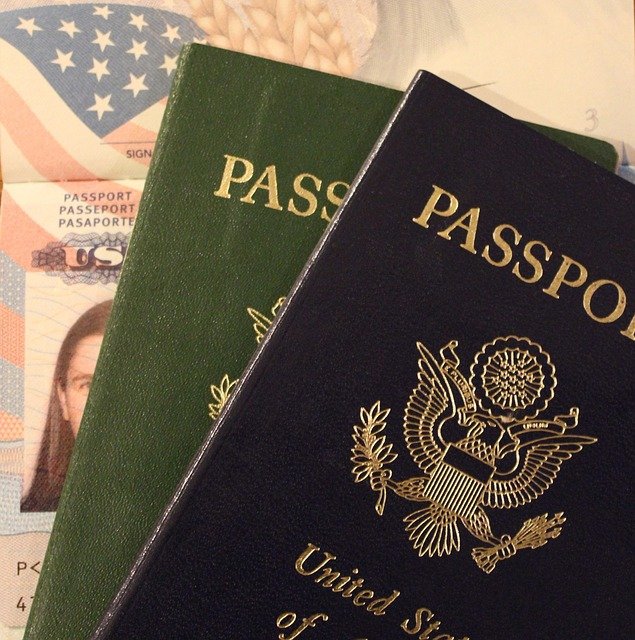
The United States tax law can be confusing to say the least. There are certain types of income that is taxed, some that is taxed at reduced rates and some that is tax-free. To add to the mix taxes may be owed at the state and in some cases at the city level.
We are often asked whether green card holders have to file and pay U.S. taxes if they are not U.S. citizens. As a green card holder you are treated, for tax purposes, as if you are a U.S. citizen. However, there are certain limits that you should be aware of. Let’s go over the basics.
In most cases if you are single and worked as an employee in 2020 and earned no more than $12,400 then you do not have to file a tax return. If you are married and filing jointly with your spouse then no tax return would be required if, combined, you earned less than $24,800.
In 2021 the thresholds increase from $12,400 to $12,550 for those filing single and increase from $24,800 to $25,100 for those filing jointly.
Your employer is required to give you Form W-2 by January 31. This document shows your earnings for the previous year. It also shows any tax withheld from your paycheck. If you had tax withheld, and do not make more than the amounts above you will still have to file a tax return in order to get a refund of that tax.
If you are a green card holder and know that you will not earn enough income in a given year that would require you to file a tax return then you should notify your employer. Your employer will require that you submit a withholding form marked “exempt” on it. Once received the employer will stop withholding income taxes from your paycheck and you will avoid having to file a tax return to get your refund.
You will also be required to file a tax return if you earn at least $400 of profit from self-employment. It’s important to keep track of your expenses throughout the year to determine whether or not you reach that level.
Filing Married Filing Jointly as a Green Card Holder
It should be mentioned that there are other considerations for a married green card holder before filing a tax return. A green card holder who is married to a U.S. citizen can file a tax return that is separate from his or her spouse. There are several pros and cons to married filing jointly tax returns but perhaps the biggest drawback is that if a green card holder files a tax return with the married filing jointly status all income (even income earned outside the United States) must be reported and subject to tax. Furthermore, there could be additional reporting requirements including the disclosure of foreign financial accounts that exceed $10,000.
Taxes for Foreign Students and Teachers
If in the United States long enough, an individual who does not have a green card could still be considered a U.S. person for tax purposes. The determination, known as the substantial presence test, looks to see whether the non-U.S. citizen is present for at least 31 days during the tax year and 183 days during the most recent 3-year period. If yes then he or she will have the same tax obligations as a U.S. citizen or green card holder.
There is a different rule for students, teachers and researchers who are not Americans. A person who is in the United States for less than 2 years under a J or Q visa is exempt from the substantial presence test. A foreign student may also disregard the substantial presence test if he or she is in the United States for less than 5 years.
Tax Due Dates for Green Card Holders
Green card holders have the same due dates as U.S. citizens in that tax returns must be filed by April 15. Failure to file a tax return could lead to a penalty of $435 or the tax you owe, whichever is less. An extension can be requested that will extend the filing deadline, by six months, to October 15. The extension just pushes back the deadline to file the return. If any tax is owed it still must be paid by April 15 otherwise penalties and interest will be assessed.
Still have questions on how to file and pay your taxes? Contact us to discuss the best move for your specific situation.
